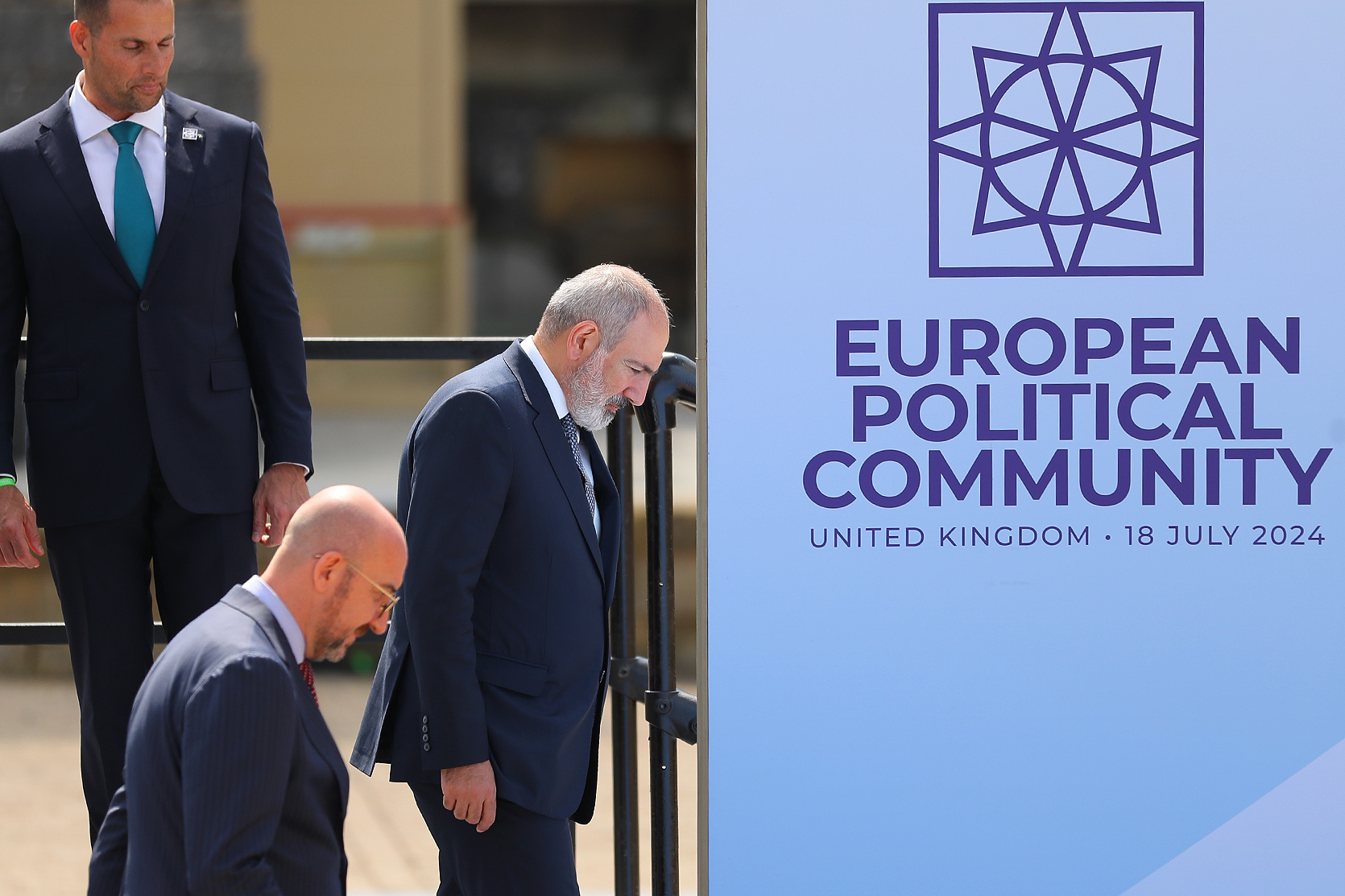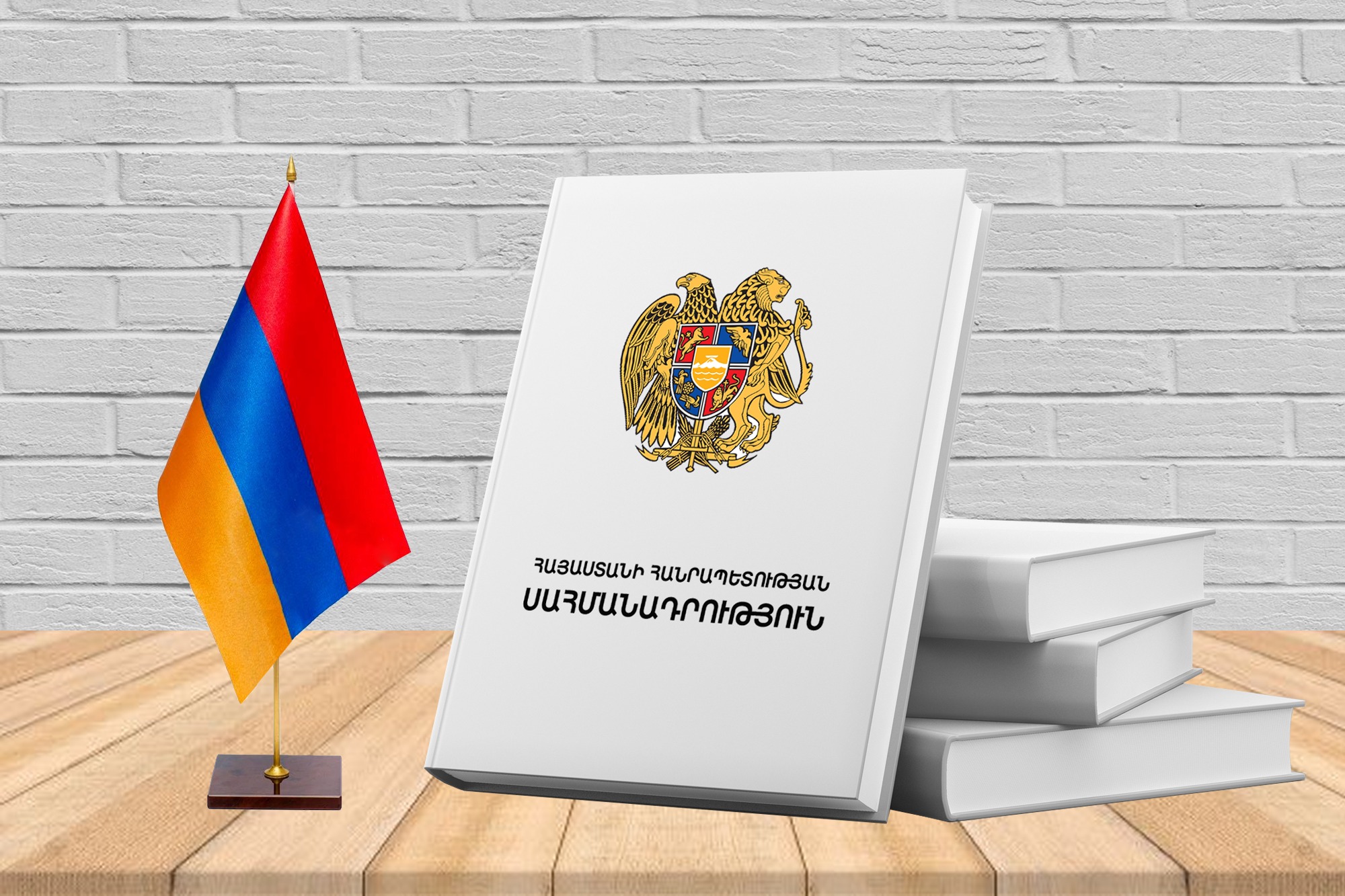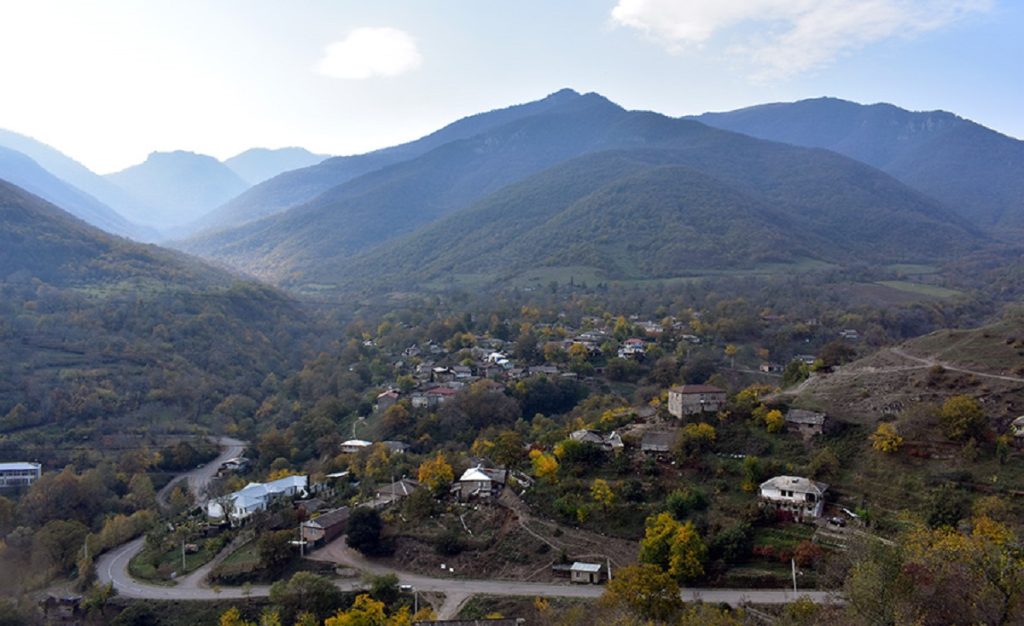Yerevan and Baku to exclude one contentious issue from the peace agreement. What’s next?
Armenia-Azerbaijan peace agreement progress
“By mutual agreement, the article concerning regional communications has been removed from the draft peace agreement,” Yerevan confirmed, responding to statements made by Elchin Amirbekov, the special envoy of the president of Azerbaijan.
Amirbekov also mentioned that Armenia has agreed to resolve other “contentious” issues after the peace treaty is signed. He specifically referred to the dissolution of the OSCE Minsk Group and the withdrawal of Armenia’s lawsuits from international courts. However, the Armenian authorities have not yet commented on these two points.
Armenian experts suggest that the parties decided to exclude the article on regional communications from the peace agreement because they could not reach mutually acceptable solutions. The primary dispute between Yerevan and Baku centers on control over the road that would pass through Armenian territory, connecting Azerbaijan with its Nakhchivan exclave.
In Azerbaijan, this road is referred to as the “Zangezur Corridor,” implying it should be an extraterritorial route not controlled by Armenia. For Yerevan, this is a “red line.” The Armenian authorities have repeatedly stated that they are willing to unblock communications, but only under Armenian jurisdiction. Recently, the possibility of a foreign private company controlling the road has also been discussed.
Analysts emphasize that with the removal of the border delimitation and demarcation clause, and now the unblocking of communications from the peace treaty, the “document is becoming weaker.” They argue that leaving numerous unresolved issues for the future is a flawed approach.
Armenia-Azerbaijan peace agreement progress
- “Each side waits for a deus ex machina to solve their conflict on their terms.” Interview with EU Special Representative Toivo Klaar
- Will Armenia accept the invitation to attend COP 29 in Baku? Opinion from Yerevan
- Is the call for tough compromises addressed to Azerbaijan or Armenia? Opinions from Yerevan
Amirbekov views this decision as a step closer to signing the peace agreement
The Azerbaijani presidential representative stated in an interview with Radio Free Europe/Radio Liberty that it won’t be possible to finalize the peace agreement in the near future if, in addition to concerns about Armenia’s constitution raised by Baku, another contentious issue remains unresolved. This refers to the disagreements over the unblocking of regional communications.
Elchin Amirbekov mentioned that both sides agreed to remove this clause from the peace agreement and revisit it later:
“Once the peace agreement is signed, the two delegations or states can resume discussions to find a mutually acceptable formula for restoring communications between Azerbaijan and Nakhichevan.“
The Armenian MFA confirms information from Baku
In confirming the removal of the clause on unblocking communications from the peace agreement, Foreign Ministry spokesperson Ani Badalyan stated:
“At the same time, the unblocking of communications remains a crucial part of Armenia’s vision and agenda for peace and regional economic development. This is best reflected in the Armenian government’s ‘Crossroads of Peace’ program, which is based on the principles of respect for sovereignty and jurisdiction, as well as reciprocity and equality.“
Baku remains concerned about the preamble of Armenia’s constitution
Amirbekov once again stated that Baku is troubled by the preamble of Armenia’s constitution, which, according to Azerbaijan, “contains territorial claims against Azerbaijan.”
The Azerbaijani authorities have repeatedly emphasized that amending Armenia’s constitution is necessary for signing a peace agreement. Baku is particularly concerned that the country’s constitution references the Declaration of Independence, which mentions the reunification of Armenia and Nagorno-Karabakh. Armenia, on the other hand, views constitutional changes as a domestic matter that should not be linked to the peace process.
According to Amirbekov, Baku wants to ensure that the peace agreement “makes it impossible to return to revanchism or to any territorial claims against Azerbaijan in the future.”
He stated that rushing into a peace agreement would be ineffective, explaining that legal loopholes would remain, allowing Armenia to “revive its territorial claims” if the balance of power in the region shifts in its favor:
“If we leave the constitution unchanged, it means that even if we sign a peace agreement, a new government could come and annul it. This is because the document would technically contradict Armenia’s current constitution. The Constitutional Court of Armenia could also declare the peace agreement illegal, given that the main law of the land contains different provisions.”
In response to the observation that constitutional changes are a lengthy process that might not conclude until 2027, Amirbekov remarked that fulfilling Azerbaijan’s demand wouldn’t require years.
“If Armenia wants to draft a new constitution, that is its internal matter and right; we are talking about amending the preamble,” he emphasized.
The diplomat believes that if a referendum were held asking whether people want peace with Azerbaijan or prefer the possibility of a new conflict, the majority would support peace.
Armenia-Azerbaijan peace agreement progress
Commentary
Political analyst Tigran Grigoryan believes:
“Essentially, Amirbekov is indicating that without constitutional amendments in Armenia, there is no point in even signing a framework document. In a way, this contradicts Aliyev’s earlier statements. If you recall, he said that a framework agreement could be signed in the coming months, followed by a full-fledged document.
This suggests that Baku’s approach may have shifted, or the parties have reached an impasse on this issue.
What’s ironic is that Baku already has a proposed question for this referendum [on constitutional amendments]. Amirbekov suggests that if the question is framed along the lines of: ‘If you want peace, not another war, vote for these changes,’ Armenian society will vote ‘yes.’ Previously, the discussion was about general constitutional changes, but now a specific option is being presented.
It will be interesting to see how the Armenian authorities react. I suspect there won’t be a strong reaction at this stage. However, it’s possible that, in the end, they may try to convince Armenian society, perhaps using Amirbekov’s own phrasing, that this is the price of peace.
Experience shows that Azerbaijani narratives are eventually adopted by the Armenian authorities and used in communication with the domestic audience.
But the main question here is whether this truly is the price of peace, and whether peace will actually be achieved. Amirbekov also mentioned that the parties agreed to exclude the so-called ‘Zangezur Corridor’ from the peace agreement, leaving it for future discussions.
It’s important to note that even with the signing of the document, we will still have several unresolved issues. The package concerning [the demarcation and delimitation] of borders remains, and Azerbaijan is also unwilling to accept [decisions unfavorable to them] on this matter.”





















